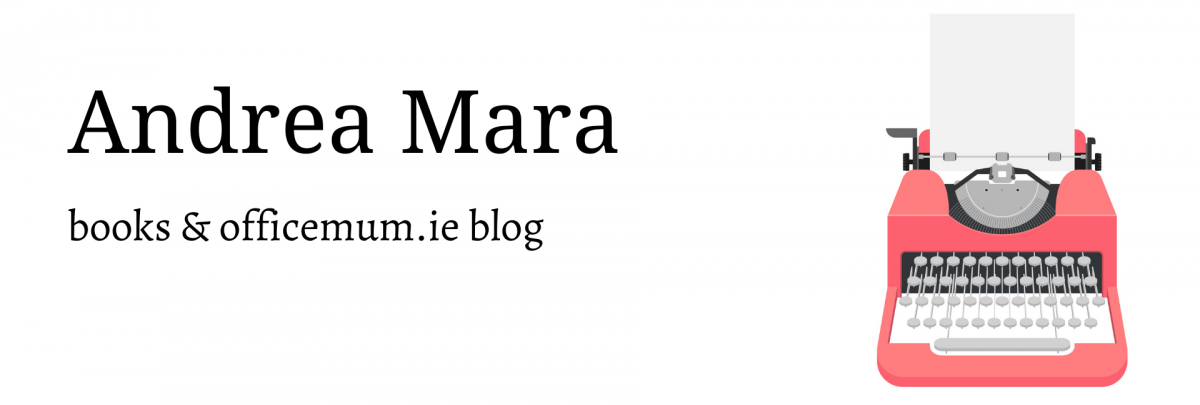“And then the sixteen-year-old found out she was pregnant too, and she wanted to run away with her boyfriend!”
This was the sentence that left me speechless last year, when my then seven-year-old was recounting the plot of the book she was reading. It was a Jacqueline Wilson book that we’d picked up second-hand at the school fair. As far as I knew, Jacqueline Wilson was a children’s writer, so I didn’t pay close attention to it. And actually that was my attitude in general towards anything my eldest picked up to read – she’d been tucking herself away with books for a couple of years at that stage, and I was just delighted she got such enjoyment from reading. She was happy to browse the library shelves and choose her own books, and I was happy to let her do it. It never dawned on me that she might be reading anything that was more suitable for older kids. In fact, the only issue at all was that she was reading under her desk in school when she wasn’t supposed to.
But this news about a teen pregnancy plot was a first realisation that stepping away completely was no longer an option, so I started researching to find out how parents monitor their kids’ reading material. Instinctively I didn’t like the idea of censoring – I have memories of not being allowed to read Judy Blume books as a kid and the resentment that it caused – but stepping back completely didn’t seem wise either.
In the end, I wrote about it for a magazine, and for that article, I spoke to Aoife Murray of Children’s Books Ireland, children’s author Sarah Webb, and librarian Loretta Kinsella. The message from all of them (I’m paraphrasing) was that mostly it’s OK to let kids read what they want to read, but you can’t abdicate responsibility – you need to read the back of the book, ask library or bookshop staff, or look the book up online. And it’s really important that your children know they can ask questions if they’re reading something that’s covering themes more suitable for older kids.
So my eldest was back to being allowed to choose the books she wants to read, and I’m paying much closer attention than before.
But while all this was going on, I completely missed something with my middle child until this summer, when I realised that unlike her big sister, she wasn’t picking up books for fun at all. She’d read her homework readers, and listen to bedtime stories, but we’d often find her playing with toys during her own “reading time” at night. Because my eldest hadn’t needed help or encouragement to choose books, I had assumed the same about her sister. And perhaps that’s fine – not everyone loves reading – but I wanted to at the very least give her the opportunity to properly discover books.
So I decided to run a book clinic with her. In a real book clinic (run by CBI around the country) a book doctor (someone who know children’s books very well) asks a child lots of questions about what they like to read, and what they do and don’t like about books they’ve already read, then prescribes three new books for them. There was no real book clinic coming up anywhere near us, so I did a mini version with her myself.
We talked about what she likes and doesn’t like, then picked out three books in the library that she hadn’t tried before. Two were a hit, one not so much. The ones she liked were part of a series, so we got more of them. She lost interest in some of them, and we tried a different series. It was still hit and miss – sometimes she thought she was really enjoying a book, but a few chapters in, she lost interest again. Then we struck gold with the BFG. Finally she wasn’t just reading for the sake of reading; she was picking it up to see what would happen next – something I hadn’t seen her do before.
And thinking back, it’s a window I nearly missed – assuming she’d find her way by herself if it was meant to be.
This morning as I called her for breakfast for the third time, I found her sitting on the floor of her room, engrossed in a David Walliams’ book – Grandpa’s Great Escape. I don’t think we’re quite at the stage where she’ll be in trouble with her teacher for reading under the desk, but a door has been opened, and I hope she’ll get joy from books for years to come. (Although I’m not ready to answer more questions about teen pregnancies, so we might just stick with David Walliams for now.)








We had something similar with our eldest earlier this year. He was reading the Wimpy Kid series and by the time he got to book ten there were a few things he mentioned that I wasn’t too happy about. It hadn’t really occurred to me that the boy in the book was getting older with each book whereas my boy only aged a couple of months. He is into David Wallimans now and got hooked on Grandpa’s Great Escape immediately.
The book clinic idea is great. I don’t know of that kind of thing over here. I must try it out with my second child. He’s just learning to read at the moment.
That’s such a good point and one I never thought about either – that the children in the books can get older and have older experiences. I didn’t know that about Diary of a Wimpy Kid at all – I’m pretty sure mine has read all of them, and I assumed it was truly kids’ stuff. Good luck with the book clinic if you do it – it’s a nice experience!